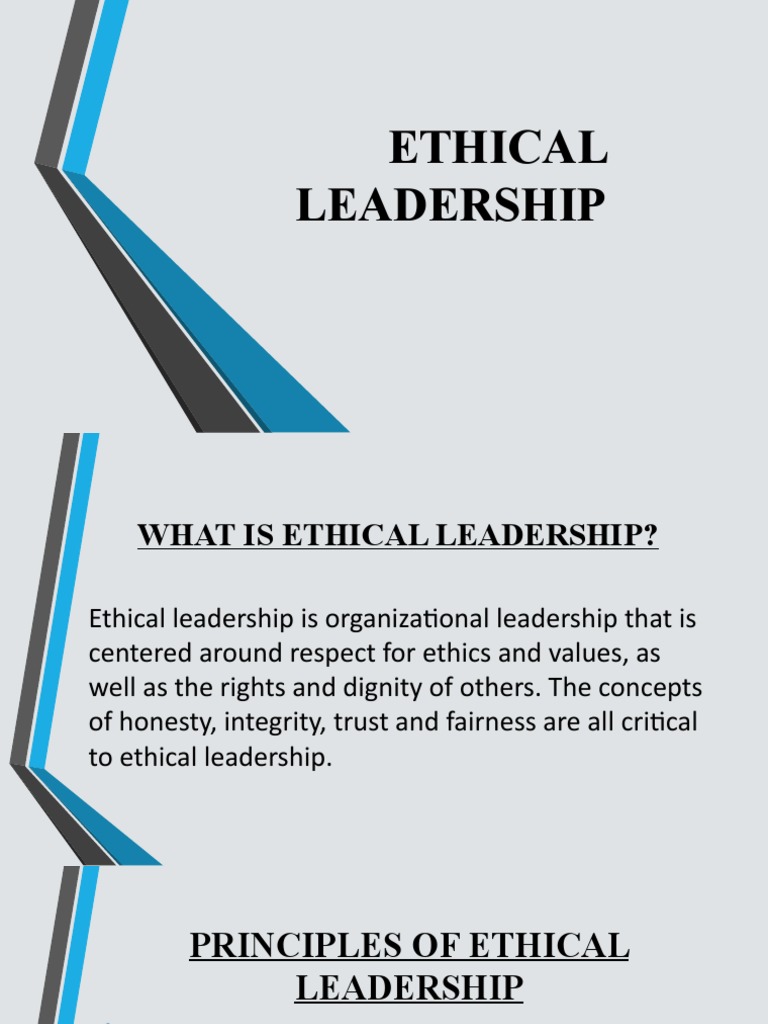Leadership is a pivotal aspect of any community, organization, or society. It navigates the course of action, shapes the vision, and every decision reflects the values espoused by the leaders. The Bahá’í teachings on ethical leadership provide a unique framework that encourages a transformative approach to leadership. These principles serve as a beacon, promising a profound shift in perspective and prompting a reevaluation of conventional leadership models. In this exploration, we will elucidate the fundamental Bahá’í principles that underscore ethical leadership, the implications for societal advancement, and the cultivation of a more equitable world.
The foundation of Bahá’í teachings on leadership is ensconced in the concepts of justice, unity, and service. Each of these tenets significantly influences the ethical mold shaping leaders in their respective domains. At the heart of these teachings lies the intrinsic belief that true leadership is synonymous with service to humanity. This idea mirrors the profound wisdom that those in positions of authority must act not out of personal ambition but for the collective benefit of all.
To delve deeper, the principle of justice emerges as a cornerstone of ethical leadership. Justice, in the Bahá’í context, transcends mere fairness or legalistic interpretation. It embodies a commitment to equity and moral rectitude, deriving from a profound understanding of the interconnectedness of all individuals. Leaders, therefore, are urged to pursue justice not only in their immediate interactions but also within the broader societal structures. This broad lens encourages leaders to be aware of systemic inequalities and to advocate for reforms that align with the principles of justice and fairness.
Moreover, unity stands as another pivotal value within the Bahá’í framework of ethical leadership. The interplay between diversity and unity underscores the importance of fostering an inclusive environment. Acknowledging the myriad perspectives that shape human understanding, Bahá’í teachings urge leaders to champion collaboration amongst diverse groups. By actively promoting unity, leaders can create synergies that facilitate collective problem-solving and innovation, thus enriching the decision-making process. As a result, ethical leadership is not merely about guiding a group; it encompasses the responsibility to foster environments where every voice is valued and contributes to the overarching goal of advancement.
The notion of service, intertwined with both justice and unity, distinguishes ethical leadership in the Bahá’í context. Leaders are encouraged to adopt a mindset of servitude, where their primary aim is to uplift others. This model diverges from traditional paradigms focused on authority and control, inviting leaders to embody humility and compassion. It is through service that leaders establish authentic connections with those they lead, subsequently enhancing trust and commitment. The act of serving not only encourages leaders to prioritize the needs of their communities but also inspires followers to emulate these values in their daily actions.
One of the remarkable aspects of ethical leadership, as informed by Bahá’í principles, is its inherent focus on education and personal development. Bahá’í teachings place immense value on acquiring knowledge. This knowledge transcends mere intellectual accumulation; it emphasizes moral development and ethical discernment. Leaders are encouraged to continually educate themselves, evolving alongside their communities. This commitment to lifelong learning fosters a culture wherein ethical behavior flourishes. Indeed, the enhancement of individual capabilities translates to heightened community effectiveness.
Another significant tenet is the principle of accountability. Ethical leaders must be willing to answer for their actions and the outcomes of their decisions. The practice of accountability engenders a culture of transparency and trust, which is essential for any thriving organization. In a Bahá’í framework, this principle goes beyond individual accountability—it extends to social responsibility. Leaders are reminded to consider how their decisions affect the welfare of others, encouraging a broader perspective on leadership that focuses not merely on immediate results but also on lasting impact.
The transformative potential of ethical leadership rooted in Bahá’í principles extends to the larger societal fabric, notably in the pursuit of world peace and global prosperity. By embodying justice, unity, service, education, and accountability, leaders can catalyze societal change that resonates across boundaries. As ethical leaders strive to align their activities with Bahá’í ideals, they contribute to the creation of communities characterized by mutual respect and cooperation. The universal application of these principles has the potential to transcend cultural and geographical disparities, paving the way for a more harmonized global society.
In conclusion, the teachings of the Bahá’í Faith on ethical leadership provide profound insights and guiding principles that promise to shift perspectives on leadership paradigms. The blend of justice, unity, service, education, and accountability challenges conventional notions of authority. Instead, it reimagines leadership as a vocation steeped in moral responsibility to serve humanity. As leaders integrate these ideals into their practice, they not only elevate their own practices but also contribute to the broader aspiration for a more just, equitable, and peaceful world. The call to ethical leadership is, thus, not merely a beacon for individual conduct but a collective pledge towards the betterment of society at large.
